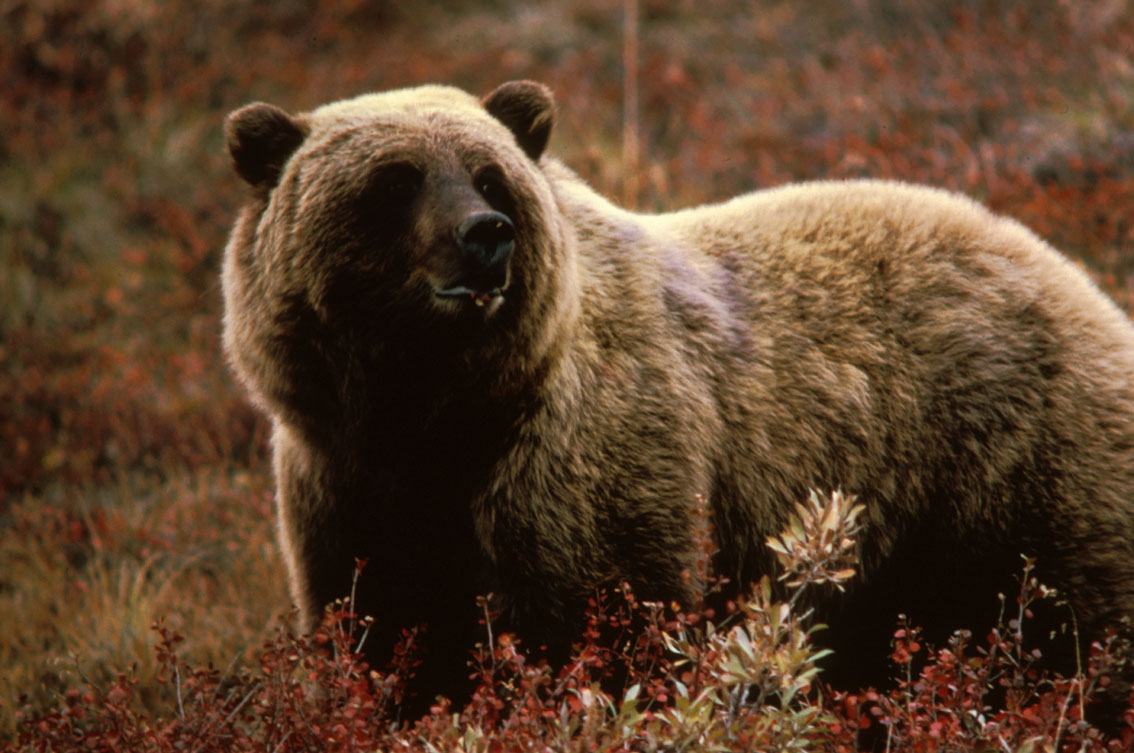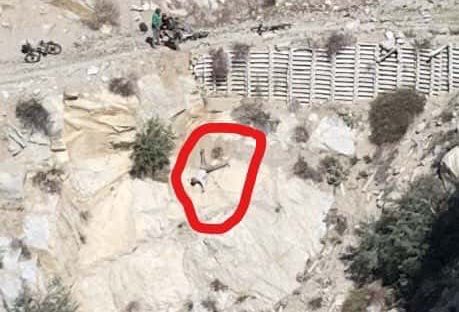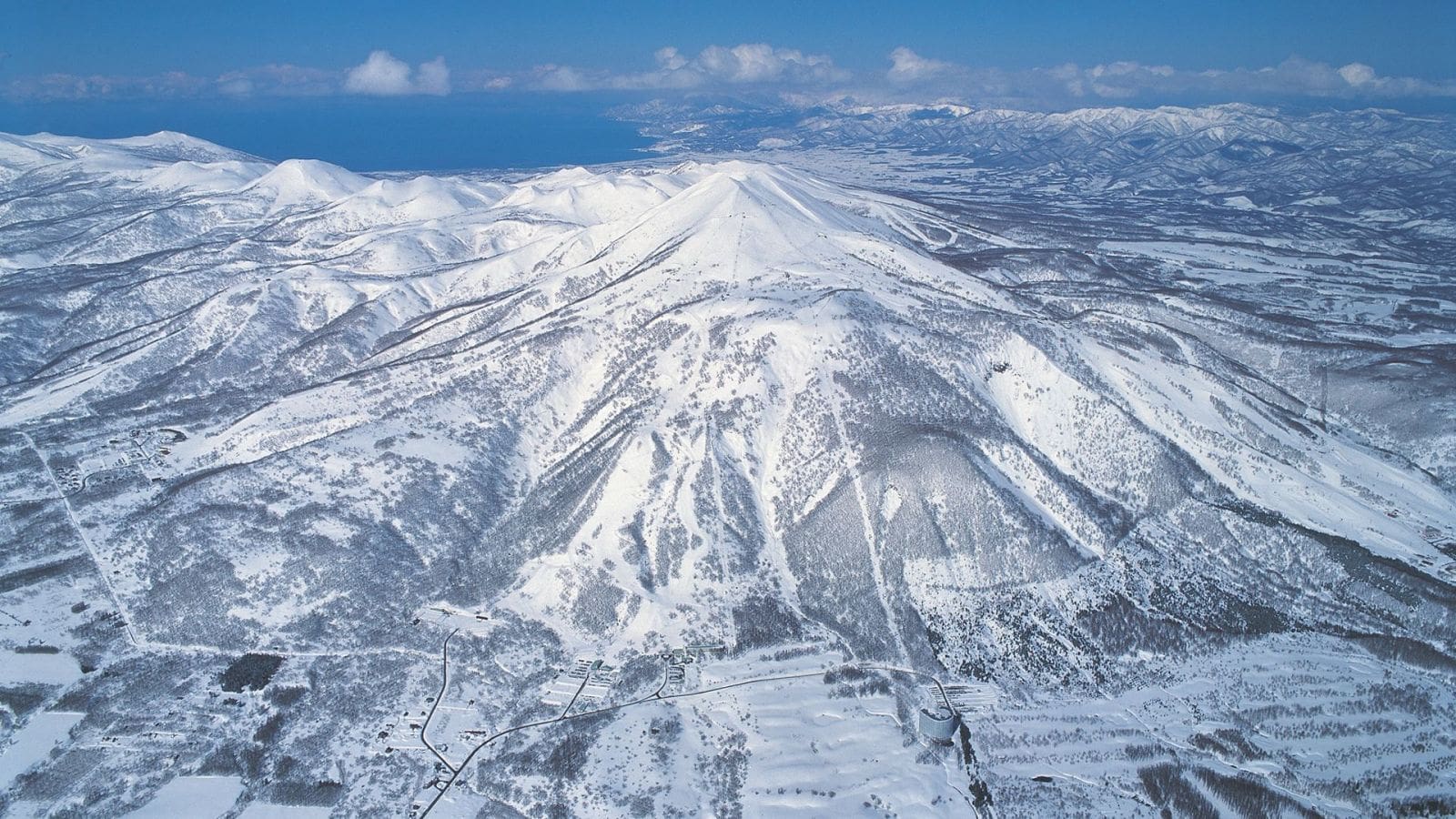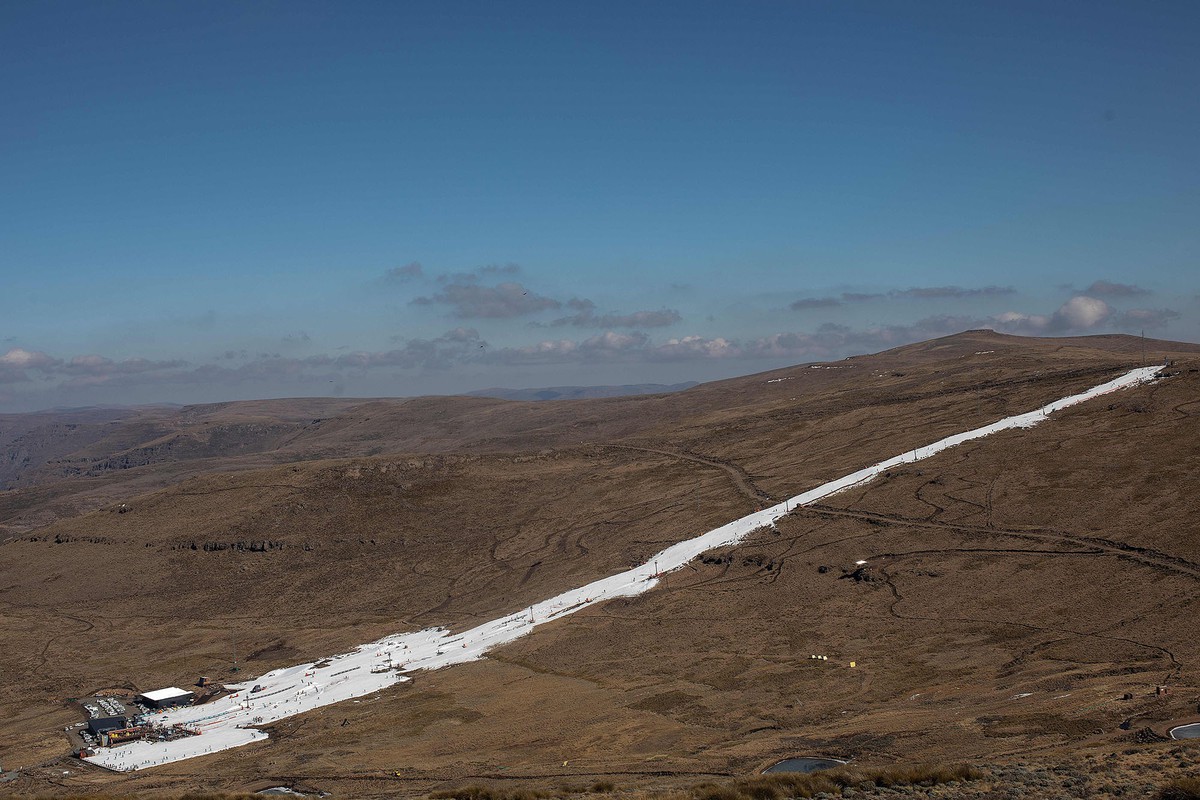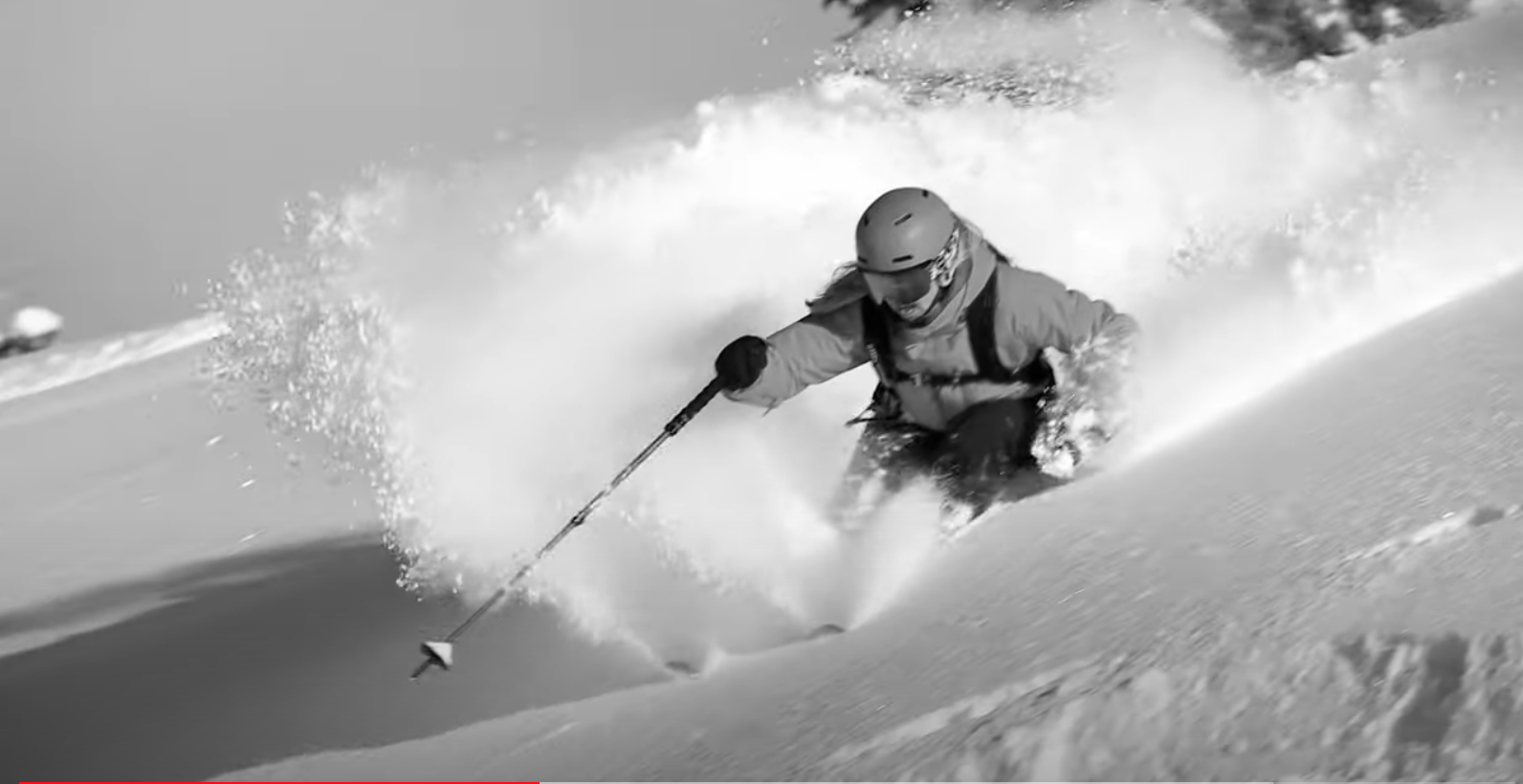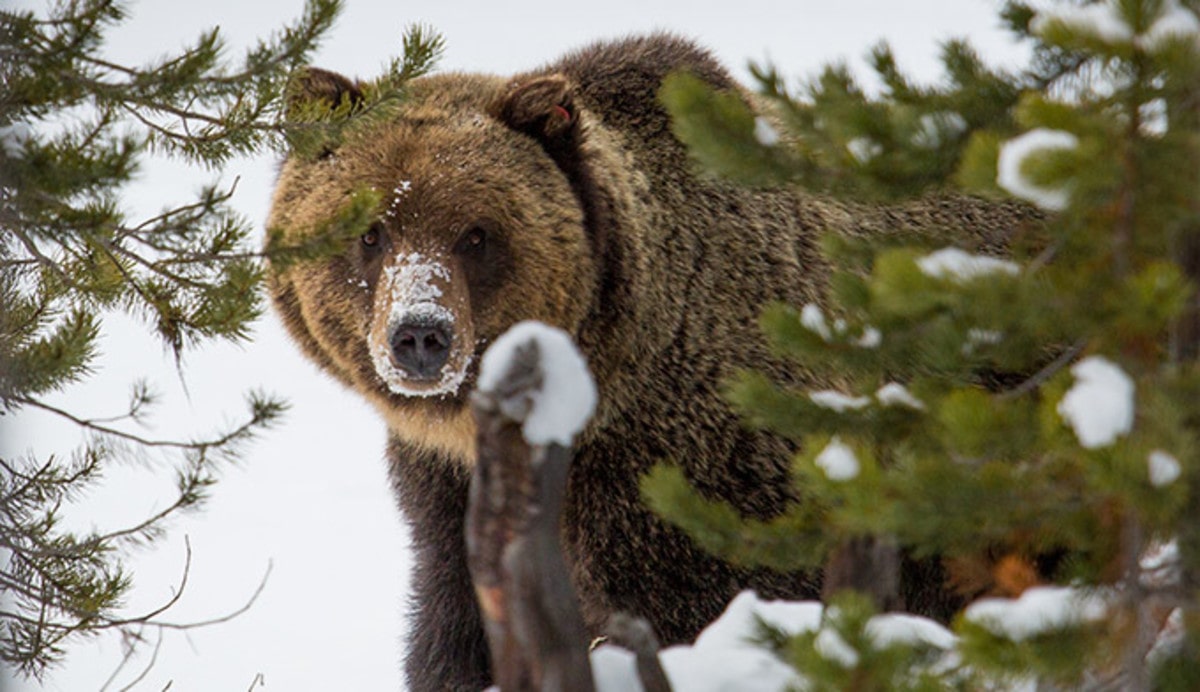
On July 8th, the 9th Circuit Court of Appeals upheld a federal judge’s ruling protecting grizzly bears that roam the wilderness of Yellowstone Park from being hunted in Montana, Wyoming, and Idaho. The 9th Circuit’s decision was handed down by a three-judge panel after proposals to hunt grizzlies in Idaho and Wyoming were blocked in 2018 by United States District Court Judge Dana Christensen. This decision upheld the lower court’s ruling that upheld the grizzly hunting ban in this wild region of the U.S.
Judge Christensen stepped in when federal officials sought to strip away protections for the species as set out in the Endangered Species Act (ESA). The decision came just in time, as hunting was about to begin when the judge intervened. The decision will force federal wildlife officials to do more in order to justify proposals to lift protections for bears in the aforementioned states after Judge Christensen noted that the genetic health of grizzlies in the park remained in doubt.
The ruling will force officials to consider the long-term and/or “downstream effects” of removing these protections for grizzlies and the effects on not only the bears but the wellbeing of other species in and around Yellowstone. Judge Christensen added that officials in the future must take into account how removing protections on grizzlies by permitting hunting would adversely affect grizzlies in Yellowstone and beyond. The Court considered the effects on species in the states that considered lifting the hunting ban in Yellowstone Park as well as in Northern Montana near the Continental Divide, and the Selkirk and Cabinet-Yaak mountains of Montana, Idaho, and Washington state.
The 9th Circuit Court of Appeals did not agree with everything outlined in Judge Christensen’s order. The three-judge panel of the appeals court held that the federal judge should not have required a comprehensive review of grizzly bears across their entire range in the Lower 48 states in order to lift protections for Yellowstone bears. This was the one limit to the decision made by the appeals court and ended up agreeing with attorneys for the government who contended that Christensen went too far in requiring a review of those remnant populations.

Yet, the Court did agree with wildlife advocates on the genetics issue. The ruling of the appeals court found that the government had not done enough to assure that hunting and other human impacts would not have an adverse effect on population size to the point that the overall genetic health of grizzlies could be harmed. The Government did not attempt to challenge Christensen’s decision to make sure that sufficient safeguards were in place to keep the bears from sliding toward extinction if these states were to hold hunts. However, environmental advocates and Native American tribes applauded the decision, which extended the hunting ban in order to protect such an important species.
When the initial ban was ordered by Judge Christensen members of the Native American community expressed their cultural concerns: “The grizzly bear, historically, is a religious icon to virtually all tribal nations in the United States and Canada,” Ben Nuvamsa of the Hopi Bear Clan said. “There is not one tribe that does not hold the bear in high regard and does not include the bear in its ceremonies.”
California killed off its final grizzly years ago and the wilderness of Yellowstone is one of the last frontiers for our wild animals. Removing protections for such a staple species, as the court found, will adversely affect not only the grizzly bears’ ability to reproduce and sustain their population but the well-being of numerous species whose survival and wellbeing depend on this apex predator.
